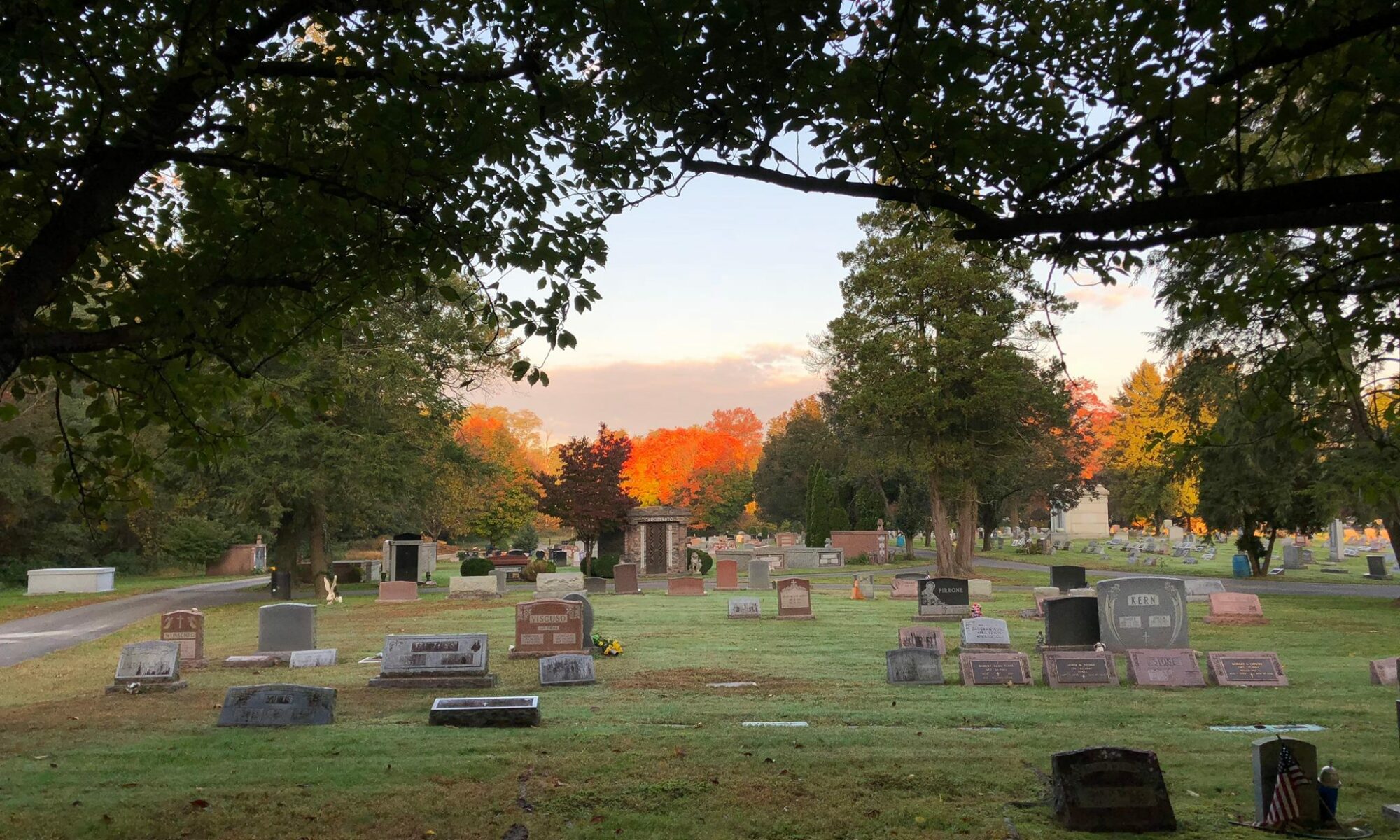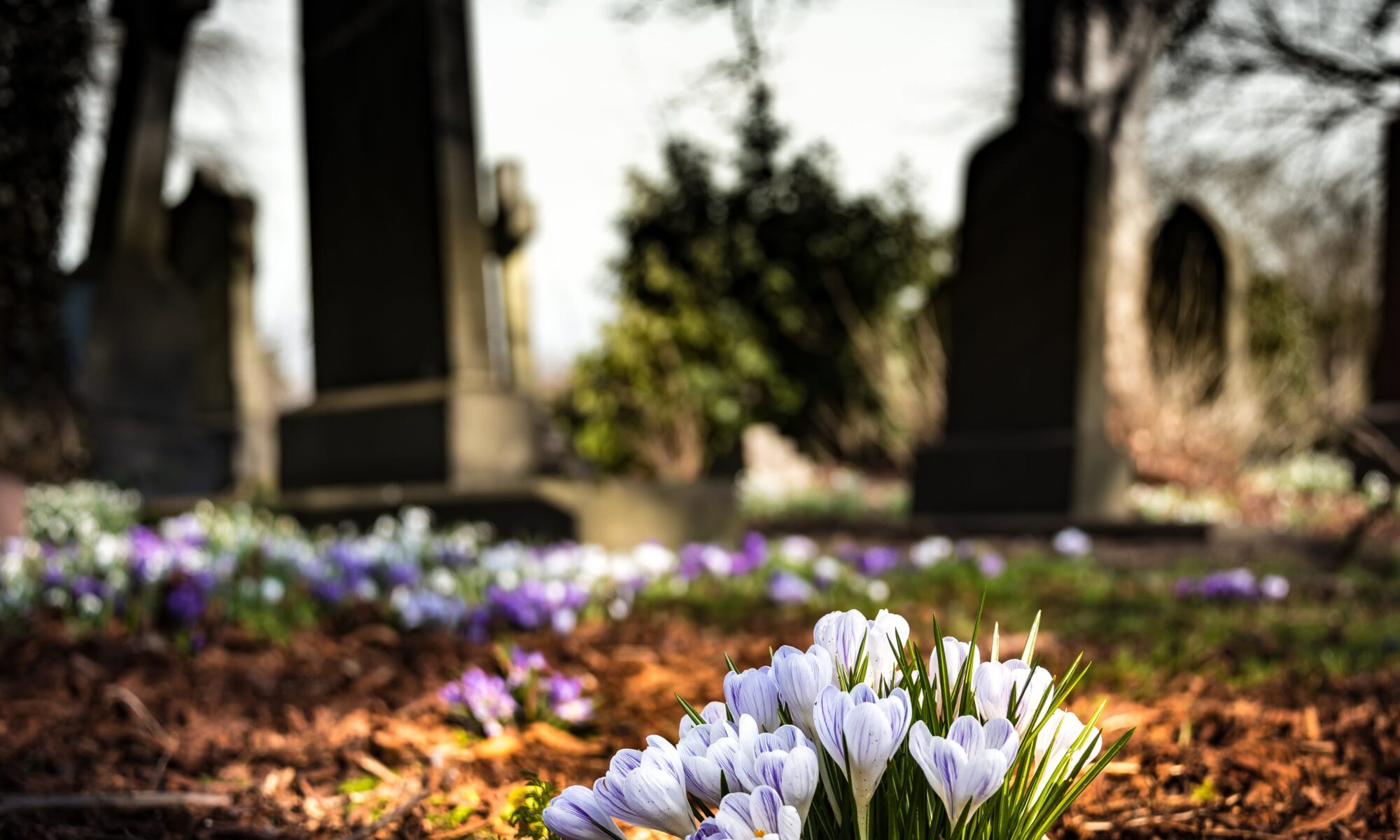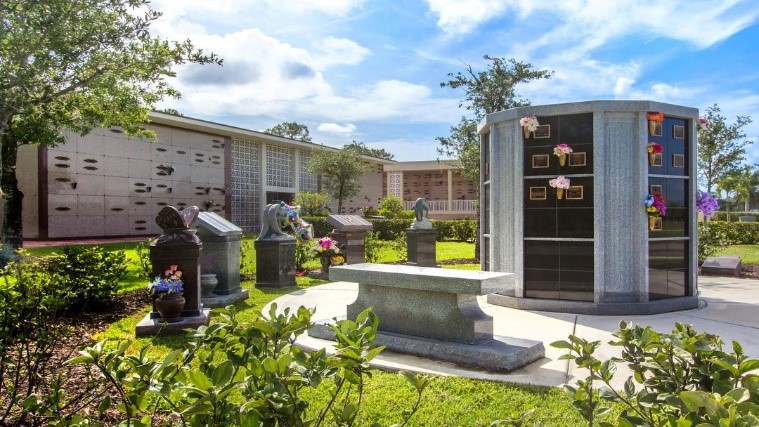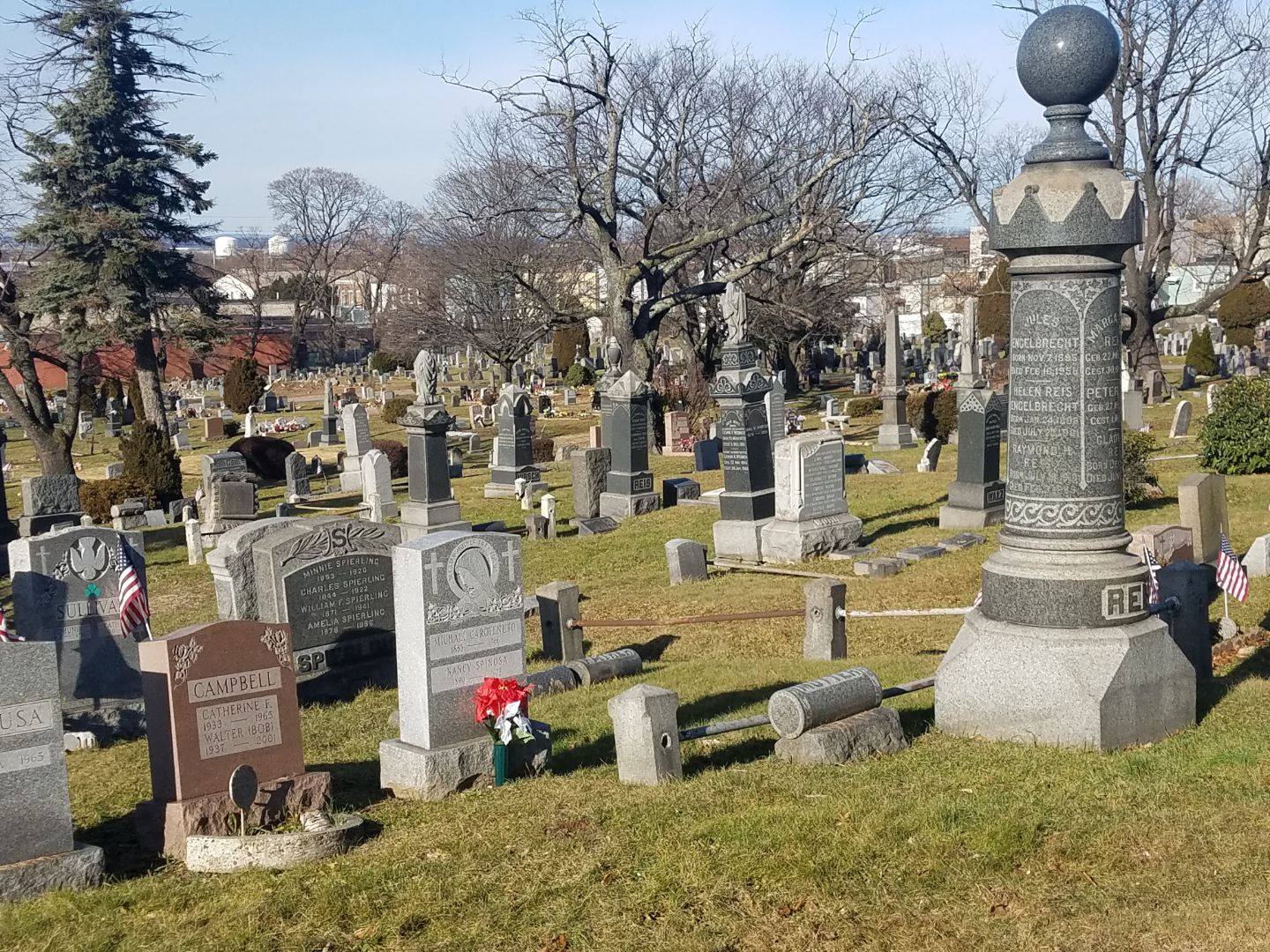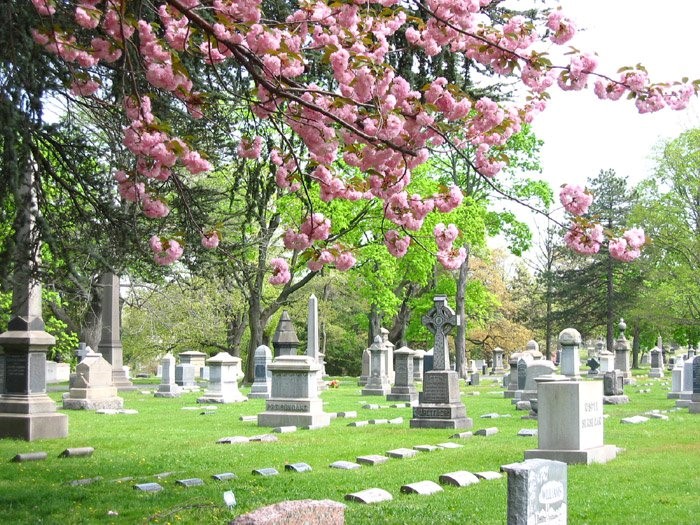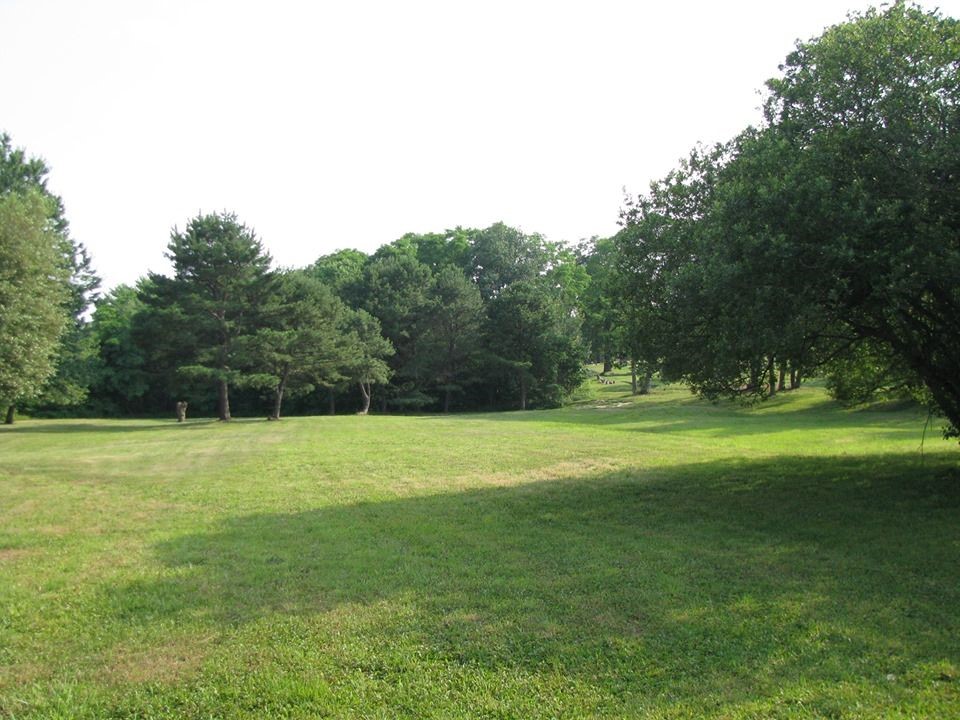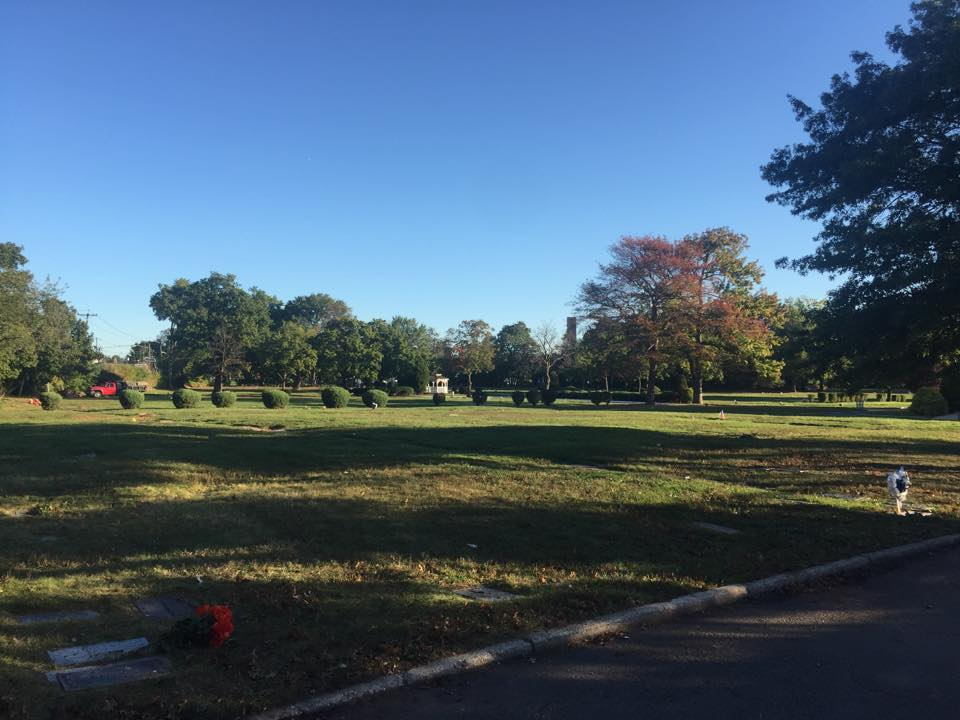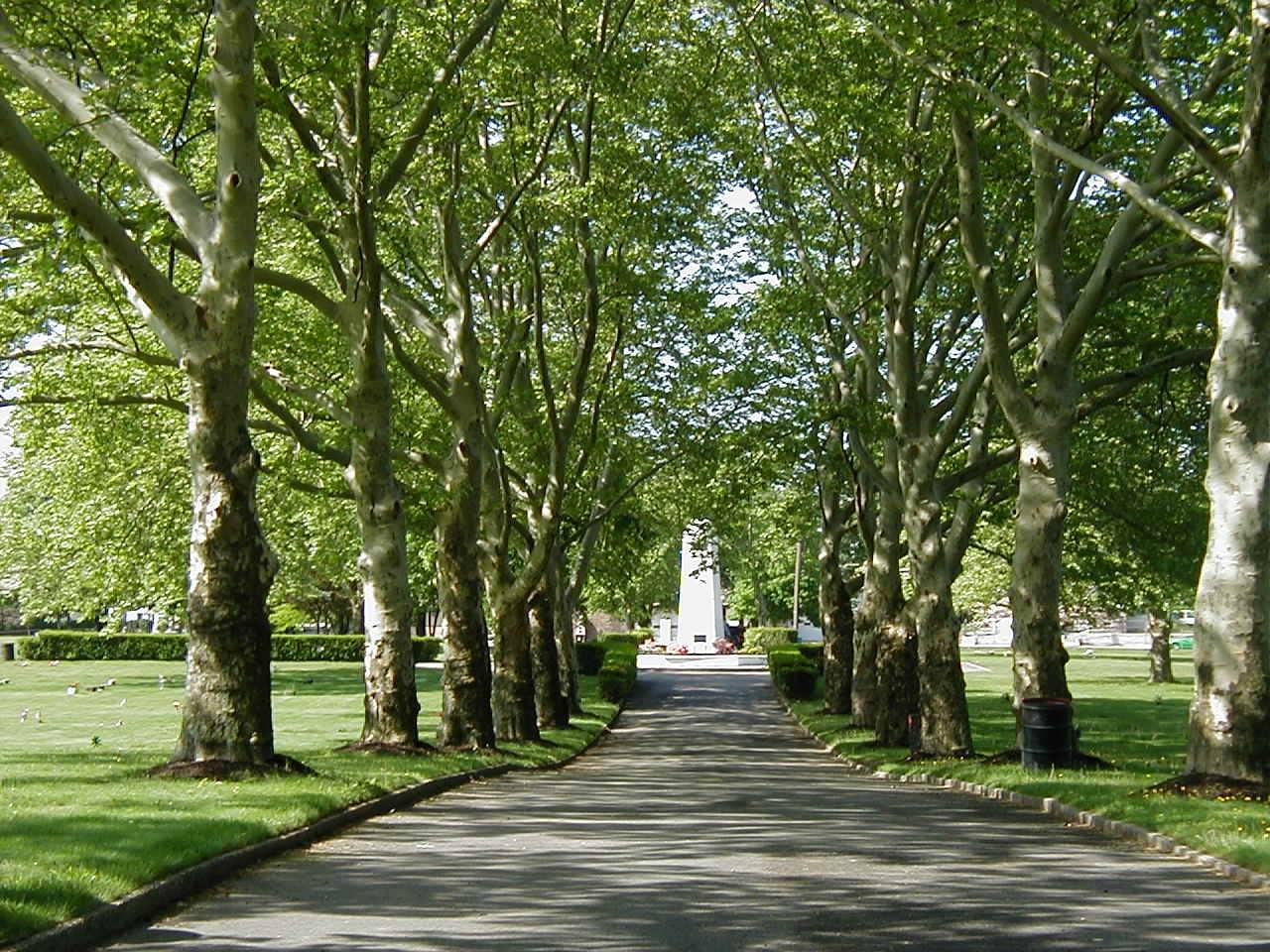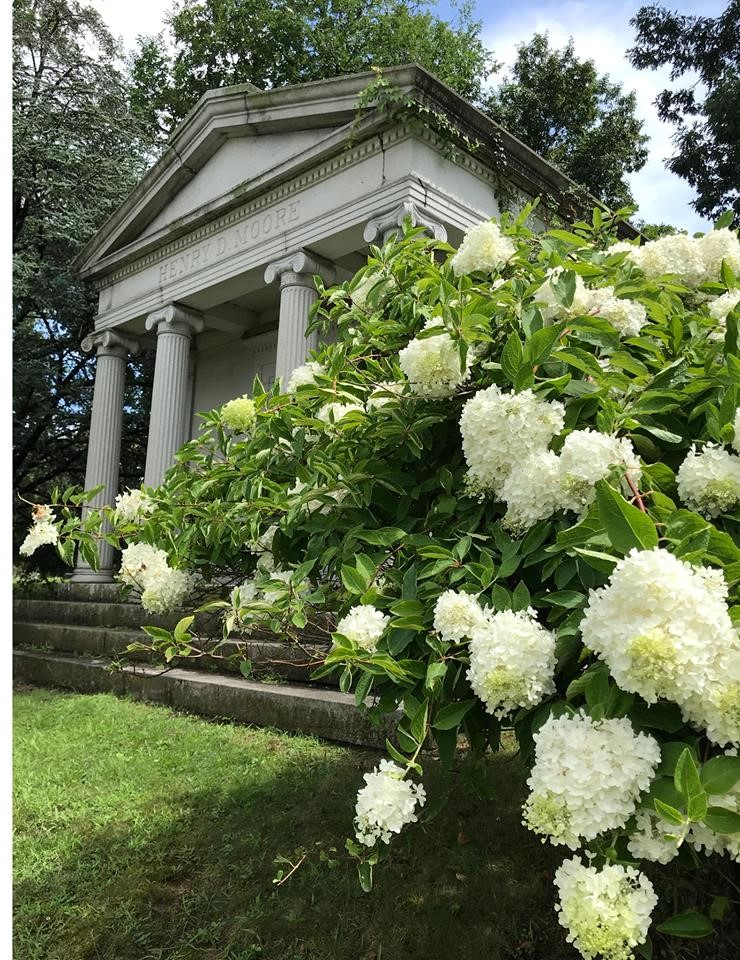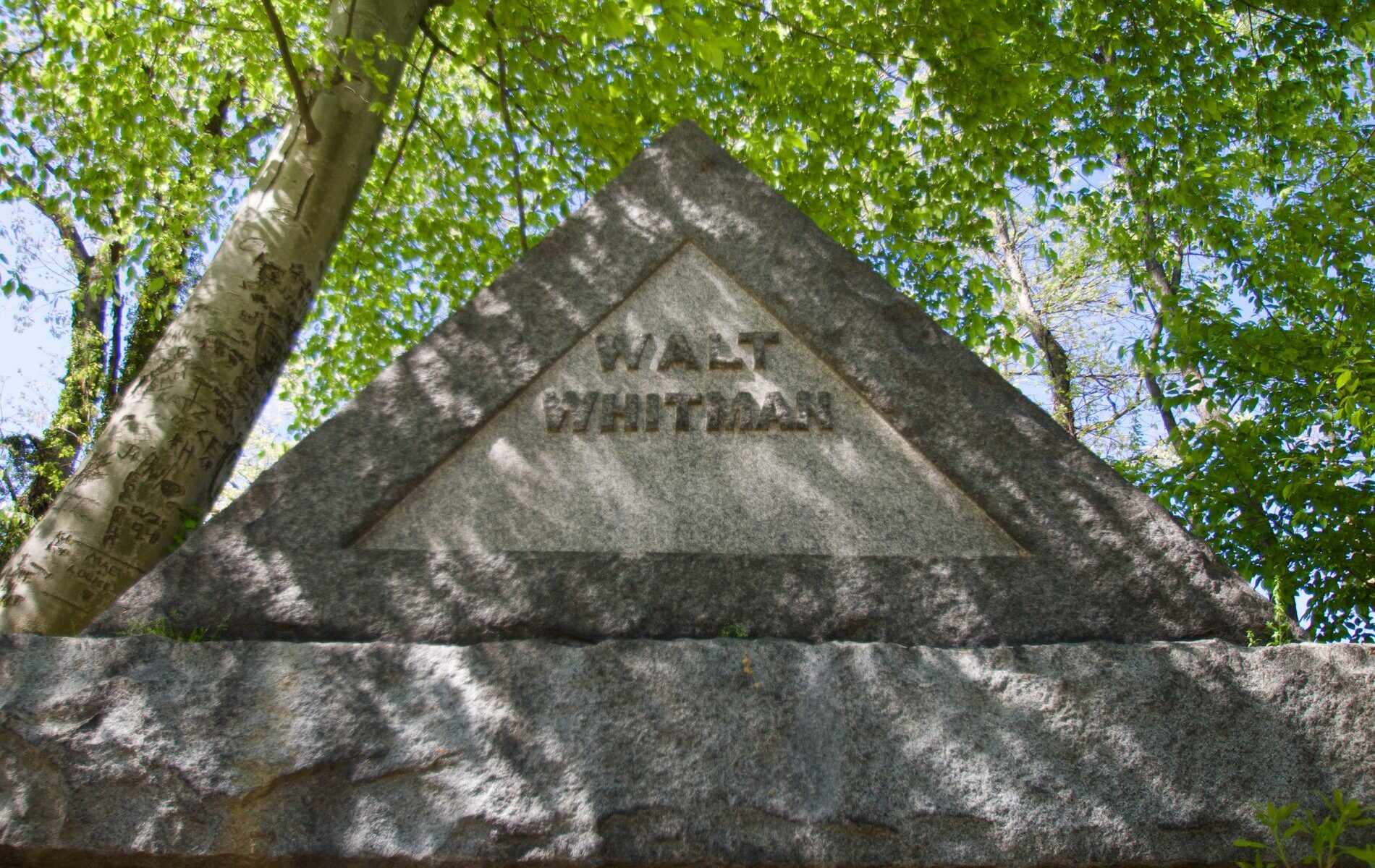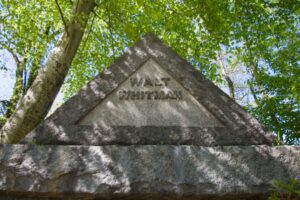Cremation is the process of turning a deceased human body into “ashes” through a process of exposure to open flames which have extreme heat, ultimately causing evaporation. Although this may sound out of the ordinary, it is actually one of the most common and accepted methods of honoring the deceased. It can be difficult to choose between cremation and a traditional burial as they both have their own unique benefits and drawbacks, but hopefully the explanation below will help make the decision a little easier.
Differences Between a Traditional Burial & Cremation
There are many factors to consider when choosing an honorary ceremony for your deceased loved ones. One major deciding factor can often be the monetary cost of the process. Cremation is usually significantly less expensive than a traditional burial because it doesn’t require embalming or a permanent casket. On the other hand, for some a traditional burial is more desirable due to the natural decomposition of the human body, as opposed to the relatively quick process of cremation. Another important difference between cremation and traditional burial is the memorial process. While one is not necessarily better than another, each family has their own preference.
How to Know Which is Right for Your Family?
Only you and your family can decide what the right choice is for honoring your loved one. Although there are some important factors to consider, such as the costs, the only one that can make the right decision is your family, as they are both fantastic ways to memorialize loved ones.
If you would like to learn more about the types of burial services we offer or if you have any additional questions, please contact Louis Cicalese, Cemetery President and Trustee today.
Louis Cicalese, cemetery trustee in New Jersey is president of the board of the historic Harleigh Cemetery and serves as an advisor to a number of non-profit cemetery organizations in New Jersey.
